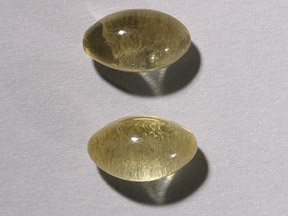
Vitamin A Coupons & Savings Card – Discount Prices from $3.30
Generic for: Gordons-vite a, Vitamin a fish, A-25
Our coupons are free to use. Before paying, show the pharmacist your Vitamin A savings card to get your free discount. Use our filters below to edit the prescription box to match your needs. The Vitamin A prices will update based on your prescription needs. Above our Vitamin A coupons, you can change your location to see pharmacy prices and costs in other areas. We're here to help you buy Vitamin A at the lowest price with our prescription discount card.
My prescription
Edit
3 MG(10000 UT), Vitamin A (30 Capsules)
Select pharmacy

Walgreens
$3.30
COUPON PRICE
Albertsons
$4.93
COUPON PRICEVitamin A savings card
Show this card to your pharmacist
Walgreens
$3.30
BIN
ID
PCN
GRP
019876
LHB3F73FA9
CHIPPO
LHX
Powered by
Our coupons are free to use. Before paying, show the pharmacist your Vitamin A savings card to get your free discount. Use our filters below to edit the prescription box to match your needs. The Vitamin A prices will update based on your prescription needs. Above our Vitamin A coupons, you can change your location to see pharmacy prices and costs in other areas. We're here to help you buy Vitamin A at the lowest price with our prescription discount card.
Our coupons are free to use. Before paying, show the pharmacist your Vitamin A savings card to get your free discount. Use our filters below to edit the prescription box to match your needs. The Vitamin A prices will update based on your prescription needs. Above our Vitamin A coupons, you can change your location to see pharmacy prices and costs in other areas. We're here to help you buy Vitamin A at the lowest price with our prescription discount card.
